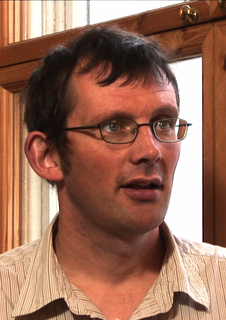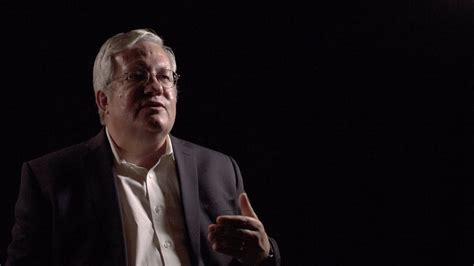A Quote by Lobsang Tenzin
In ancient times, we were users; we used the commodities in accordance to our needs. Using is not sufficient for the modern market; it needs consumers. Consuming means consuming things much more than the natural need of humanity or of any living being.
Related Quotes
You cannot just depend on the market, because the market will say: China needs oil; China needs coal; China needs whatever, and Africa has got all these things in abundance. And we go there and get them, and the more we develop the Chinese economy, the larger the manufacturing is, the more we need global markets - sell it to the Africans which indeed might very well destroy whatever infant industries are trying to develop on the continent. That is what the market would do.
You don't really need to engage your visual sense, because the natural wiring of the human psyche is to monitor the environment through sound, not through sight. But we're convinced through modern conditions that we have to look at everything, and that creates stress in our life, because we're trying to solve problems in ways that are much more time consuming, not efficient, and not fun.
Ideally, nothing should be embraced by a consumer firmly, nothing should command a commitment till death do us part, no needs should be seen as fully satisfied, no desires considered ultimate. There ought to be a proviso 'until further notice' attached to any oath of loyalty and any commitment. It is but the volatility, the in-built temporality of all engagements that truly counts; it counts more than the commitment itself, which is anyway not allowed to outlast the time necessary for consuming the object of desire (or, rather, the time sufficient for the desirability of that object to wane).
What worries some people about consumption (and I confess at the outset to be one of these ambivalent creatures, fat but troubled in paradise) is that the affluent, technologically advanced West seems more and more focused not on consuming to live but living to consume. The problem with consumption, and the consumer capitalism that has pushed it to feverish historical extremes, is that it has become so all-consuming.
The competition between human beings destroys with cold and diabolic brutality... Under the pressure of this competitive fury we have not only forgotten what is useful to humanity as a whole, but even that which is good and advantageous to the individual. [...] One asks, which is more damaging to modern humanity: the thirst for money or consuming haste... in either case, fear plays a very important role: the fear of being overtaken by one's competitors, the fear of becoming poor, the fear of making wrong decisions or the fear of not being up to snuff...
A modern vegetarian is also a teetotaler, yet there is no obvious connection between consuming vegetables and not consuming fermented vegetables. A drunkard, when lifted laboriously out of the gutter, might well be heard huskily to plead that he had fallen there through excessive devotion to a vegetable diet.
Thirty years ago, if you said the country was living beyond its means, people would have thought about economics. Now, if you talk about the country, or the planet living beyond its means, you think about the environment. We are taking out more than we are giving back. We are consuming energy, water, and other natural resources in a way that is leading to huge and often irreversible damage to the planet. So too are most other developed nations. And so too will China and India if they follow the same path of economic development as us









































